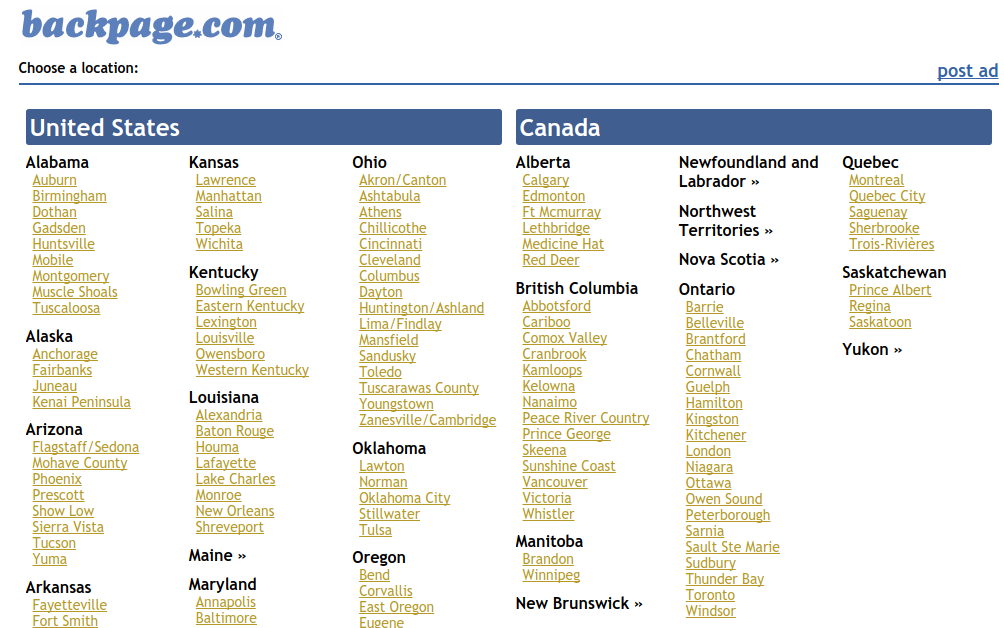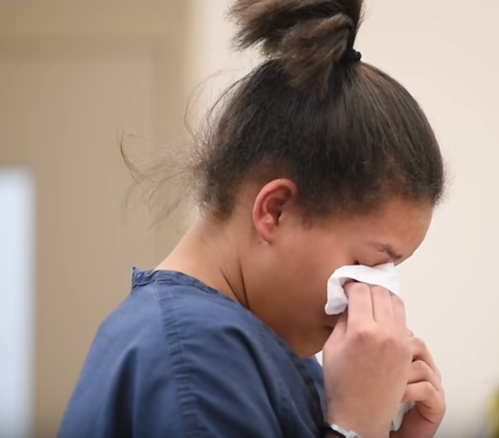5/22: THIS WAS A FABRICATION. WE ARE DEEPLY SORRY, ESPECIALLY TO OUR READERS WHO ARE SEX WORKING WOMEN OF COLOR, AND TO THE WOMAN WHOSE PHOTOGRAPH WAS USED FRAUDULENTLY. SEX WORKER COLLECTIVE FUND LYSISTRATA HAS STATED IT WILL RETURN ANY DONATIONS GIVEN TO THEM FOR THIS. LILY FURY IS A FORMER CONTRIBUTOR, AS WERE HER… Continue reading Fabrication Used To Scam Sex Worker Community Funds
Category: Cops
Diversion Programs Are For Cops
There is significant debate within our sex worker community about whether LEAD (Law Enforcement Assisted Diversion) programming, a pre-booking diversion program for low-level drug and sex work related offenses, is a good or bad thing. The first LEAD program launched in Seattle, Washington in 2011, with private funding from the Ford Foundation, Open Society Foundations,… Continue reading Diversion Programs Are For Cops
We Deserve Better: Reflections On The War On Backpage
It’s happening again. I remember the drop in my stomach as my browser opened on the homepage of MyRedBook in 2014 and I saw the emblems of the FBI, DOJ, and the IRS occupying a page which used to host an escort ad, review, and forum website used by thousands of providers across the West… Continue reading We Deserve Better: Reflections On The War On Backpage
The Oakland Police Department isn’t an Anomaly
In just a few weeks’ time, an astonishing pattern of misconduct has been uncovered in the Oakland Police Department that might shock even our readers. At the center of the scandal is a teenage sex worker who goes by Celeste Guap. She alleges that at least three Oakland PD officers sexually exploited her when she was underage.… Continue reading The Oakland Police Department isn’t an Anomaly
Who’s The Victim: The Tragedy of Latesha Clay
Content warning: This piece contains general discussion of child sexual abuse. Reading about the plight of Latesha Clay, the child in Grand Rapids, MI sentenced to nine years in prison after being used as live bait in a robbery scheme, the thing that struck me was the use of the word “victim.” Of course, referring… Continue reading Who’s The Victim: The Tragedy of Latesha Clay




